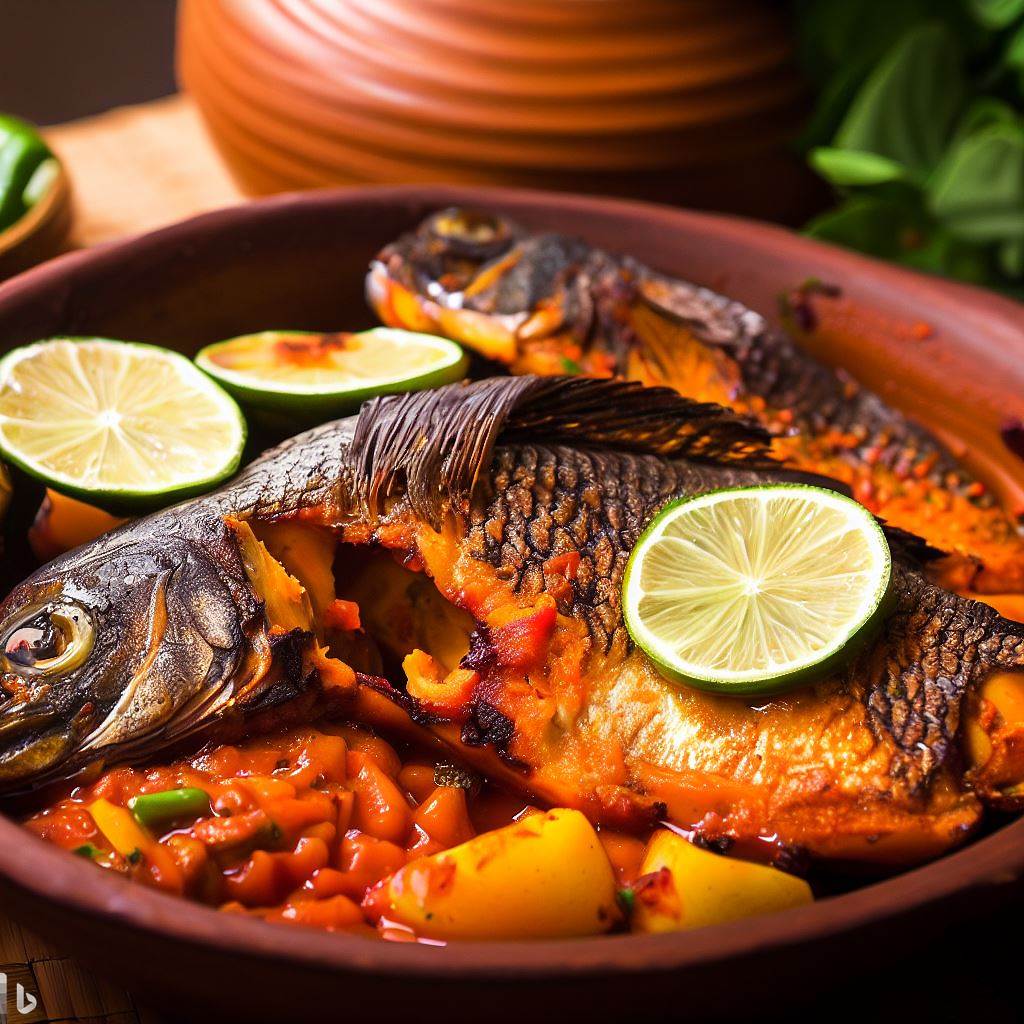Is African Pompano Good to Eat?

Fishing enthusiasts and professional fishermen often seek the thrill of catching an African Pompano. This species is highly coveted for both recreational and commercial purposes due to its quality as a table fish. They can be found in warm waters near reefs, wrecks, and underwater structures. Catching African Pompano requires skill and patience, as they are known for their strength and agility in the water.
What does african pompano taste like
Wondering what makes African Pompano so special on the dinner table? The answer lies in its succulent, delicate, and slightly sweet flesh. When cooked, the meat becomes moist and flaky, making it a delightful choice for various recipes. Its mild flavor allows it to blend perfectly with different herbs and spices, giving chefs endless culinary possibilities.
Cooking African Pompano
Preparing African Pompano is a delight for any cook. Here are some tips and tricks to make the most of this ocean treasure:
-
Grilling Perfection: Marinate the fish with lemon, garlic, and olive oil, and grill it to perfection for a smoky and flavorful experience.
-
Pan-Seared Elegance: Dust the fillets with your favorite spices and sear them in a hot pan with butter for a golden-brown crust and a moist center.
-
Aromatic Baking: Wrap the Pompano in parchment paper with fresh herbs and bake it for a tender and aromatic feast.
Health Benefits of African Pompano
Apart from being a culinary delight, African Pompano also packs a nutritional punch. It is an excellent source of protein, essential omega-3 fatty acids, vitamins, and minerals. These nutrients play vital roles in promoting heart health, brain function, and overall well-being. Including African Pompano in your diet can be a tasty way to boost your nutrient intake.
Sustainability and Fishing Practices
As with any seafood, it's crucial to consider the sustainability of the catch. Sustainable fishing practices are essential to preserve the delicate marine ecosystem. Opt for Pompano sourced through responsible fishing methods to support the environment and future generations' seafood options.
Where to Find African Pompano
African Pompano can be found in various tropical and subtropical regions across the globe. Some popular spots for catching or enjoying this delicacy include the Caribbean, the Gulf of Mexico, the waters of Southeast Asia, and parts of the Pacific Islands. If you're a seafood aficionado, exploring these regions can be an exciting culinary journey.
Exploring Culinary Cultures
The appeal of African Pompano reaches far and wide, transcending cultural boundaries. Different regions have their unique ways of preparing this delectable fish, from spicy curries to light ceviches. Exploring these culinary cultures allows you to appreciate the versatility and global popularity of African Pompano.
FAQs
- 1. Is African Pompano safe to eat raw in sushi dishes?
Yes, African Pompano can be safely consumed raw in sushi dishes. However, it's crucial to ensure the fish is sourced from reputable suppliers, following proper handling and freezing protocols to reduce the risk of foodborne illnesses.
- 2. How can I tell if the African Pompano is fresh?
Fresh African Pompano will have a mild, clean ocean scent. The flesh should be firm, shiny, and free from any discoloration or off-putting odors. The eyes should appear clear and bright.
- 3. What is the best way to store leftover African Pompano?
If you have leftovers, store them in an airtight container in the refrigerator and consume them within 1-2 days. Alternatively, you can freeze the cooked fish for up to three months for later use.
- 4. Can I grill whole African Pompano instead of fillets?
Absolutely! Grilling whole African Pompano can add a visually stunning element to your meal. Just make sure to score the skin and stuff the fish with herbs and aromatics to enhance the flavors.
- 5. Is African Pompano suitable for a low-sodium diet?
Yes, African Pompano is a great option for a low-sodium diet, as its natural flavors don't require excessive salt. It provides a delicious and healthy alternative to high-sodium processed foods.


